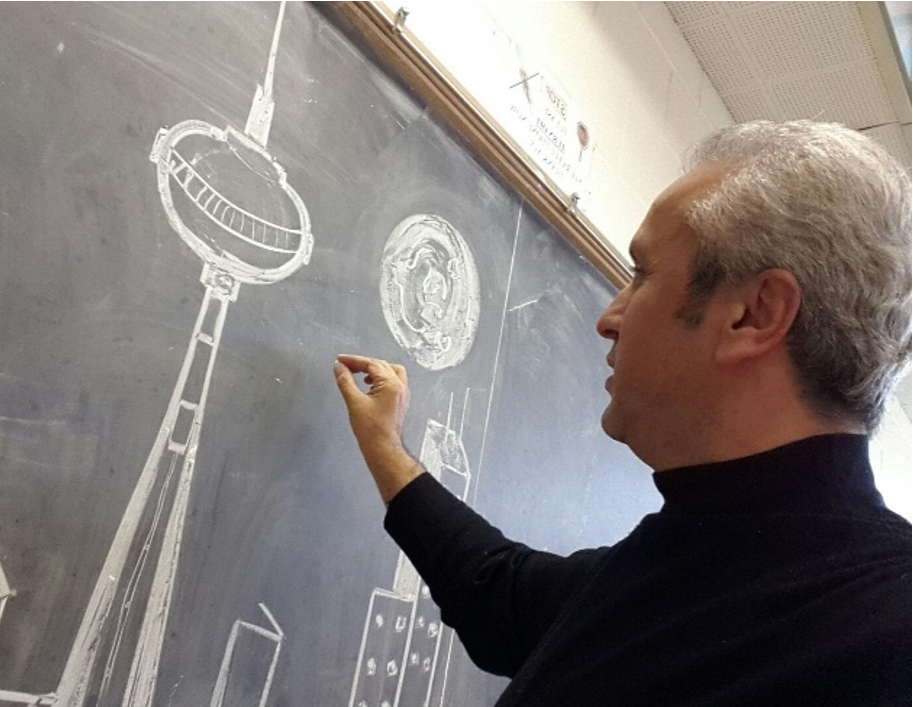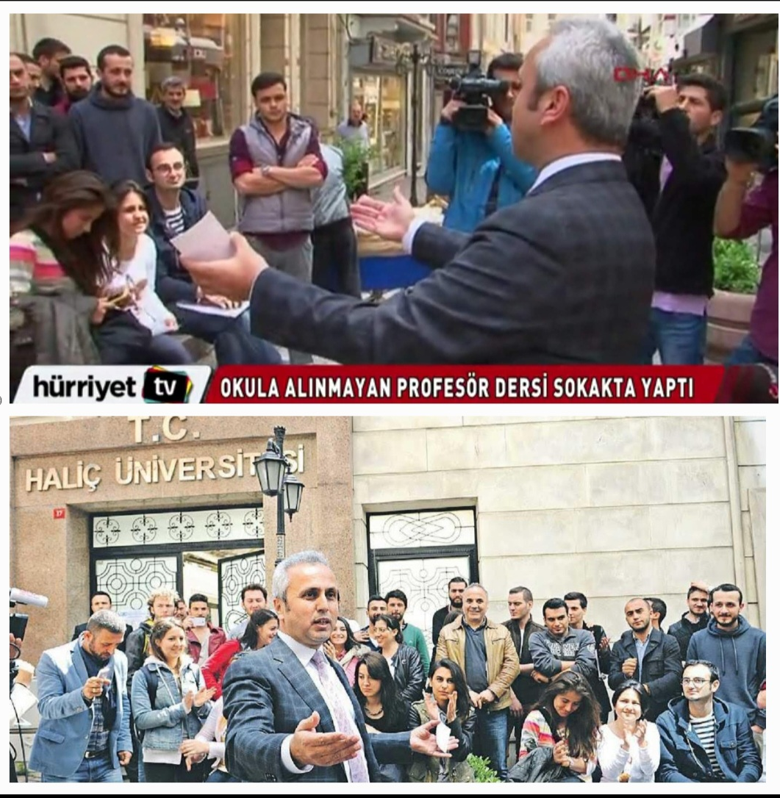Teacher’s Voice
Moments of Humor, Hilarity, and Near Absurdity

From teaching college classes, I’ve had the privilege of learning about students’ lives from classrooms and hallways, in libraries and cafeterias, at bus stops and on public transit. Some enduring memories are from conversations with students new to Canada, including recent immigrants and international students.
From talking with these students, I’ve gained insight into who they are and how they learn to navigate their lives in Canada. Some conversations have stayed with me not only because they were humorous and hilarious, but also because they were food for thought.
I had one such experience as a new college teacher. A student sent me an enormous bouquet via our department, with a note of deep affection. When we met in class, the student told me he’d always done so back home with new female teachers. “If I show my teacher how much I love her, she’ll love me back and give me a good mark.”
I was uncomfortable with such brashness: “I’m already very happy if you study hard. Thanks for the flowers; they look nice in our office.”
I also realized an urgent need to learn more about my students’ diverse cultures, so I could communicate and work better with them. All the same, I was hoping over time, this student could learn about appropriate teacher-learner etiquette in Canada.
A memory of dark absurdity came from another semester when most students from one class plagiarized (cheated) on an assignment. When meeting with them, I recognized them as newcomers, whose blank faces begged, “So, what’s the big deal here, teacher?”
When I cited our college’s policy on academic dishonesty (which all students should’ve read), some protested, “But that’s what we do back home. From where we came, everybody cheats.”
Only afterward did I grasp the black humor behind “from where we came, everybody cheats”. But there was nothing funny about reading the riot act to students. With a straight face, I warned them that without re-writing the assignment in their own words, all of them would get a zero grade; as well, if they ever cheated again, they would all fail the course.
I added, “It may be common to cheat in some countries, but you’re now in Canada, and all colleges here have clear policies on academic dishonesty and consequences.”
That was also when I decided all my classes would attend a seminar with a librarian, who would help to reinforce honest research steps and appropriate citation skills. The students would also learn about harmful consequences of dishonesty from copying other people’s work and breaching copyright. I was hoping by using a toolkit of college policies, library seminars, and my guidance, more students could develop a proper appreciation of academic integrity and accountability — toward college success.
One other moment of college humor came from a food drive not long ago: each student was encouraged to contribute one dollar to help fellow students in need.
In one class, almost everyone was a recent immigrant in the first semester of a bridging program. We had agreed in the previous week to donate as a whole class, but a week later, the students seemed to have forgotten about it. That day was also when I showed a documentary on Malala Yousafzai’s brave fight to survive a heinous attempt on her life and her subsequent bold speech about education at the United Nations. To motivate my students to help with the food drive, I asked, “If a young woman like Malala could inspire the world, do you think you could give a dollar?”
What erupted next was electrifying: with big smiles, all thirty students rushed to the front where I was holding a donation box, into which they deposited a total of forty-five dollars. I added a few loonies and thanked everyone’s generosity. Some told me afterwards they had never donated anything in their home countries, because organized charitable events were just not part of the culture. But they admitted to street beggars being commonplace back home. I thanked them again for being such kind Canadians; I also shared my opinion that if we could, giving to others would be one of the most enjoyable experiences in life.
I have many other memories of college students’ personality traits, learning styles, cultural values, and coping strategies, but for better or worse, humor came to my mind today, with three different episodes (one much darker than the other two) that have stayed with me.
by Mina Wong




